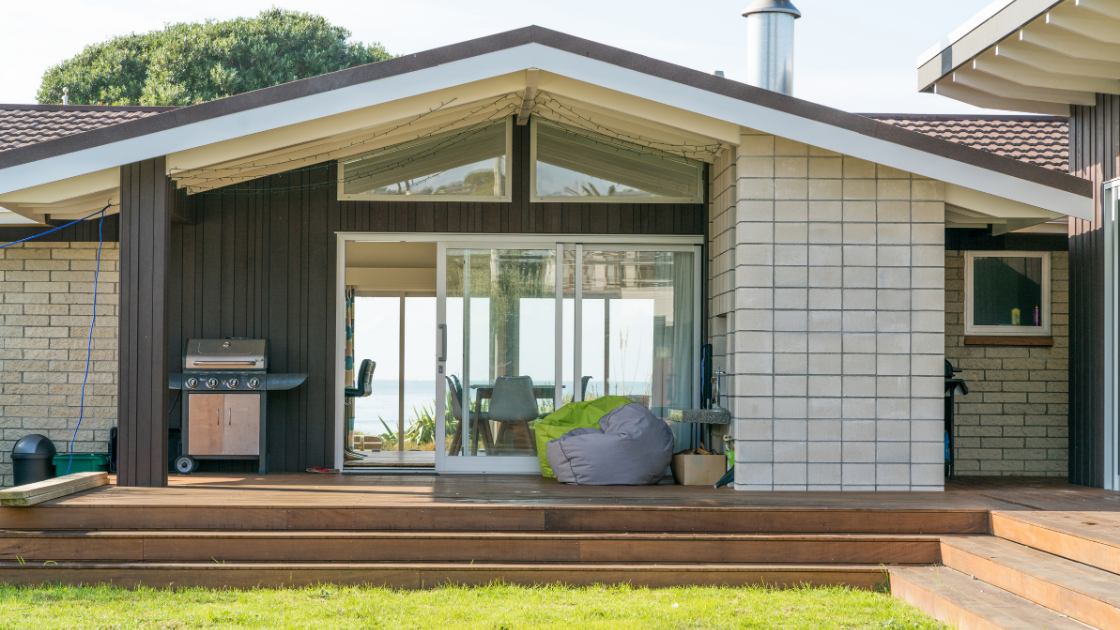Homebuying Myths (Busted!): Heb ik een perfecte credit score nodig?
This article does not represent the views of Lennar Corporation or its affiliates. It is not intended to provide any financial or legal advice, and you should consult your own financial or legal adviser, credit professional or credit expert for more information on credit scores and loans in general or your credit score in particular.
It depends on what you mean by “perfect”. The highest possible score is 850, but that number is almost impossible to achieve. Impossible becomes redundant. A lender will not require a score of 850 for every loan qualification.
Scratch the word perfectly. The concept of perfect is itself a myth. Instead, ask, Do I need a high credit score to buy a home? The answer is no. Your credit score says a lot about your reliability as a borrower, and it can affect the characteristics of your loan, including your down payment and interest rate. However, a low credit score does not necessarily mean that you are not eligible for a loan, and we will look at those types of loans that support this.
Your credit score, by definition, is a three-digit number, ranging from 300 to 850, that assesses your creditworthiness. Your credit history includes your payment history, credit usage, credit age, (recent) credit inquiries and abnormal assessments. Credit accounts can be credit cards, student loans, car loans, home loans, or other loans.
Credit scores are risk indicators. For a lender, a higher score means a lower risk. Lower risk of what? From you (the borrower) defaulting on the loan. Defaulting means failing to pay the monthly mortgage payment and falling behind. A lower score translates to higher risk. The lender can still approve the loan even if your score is as low as 500, but there are likely conditions to offset the risk. The first is that you make a larger deposit. I
Based on those conditions, a low credit score can cost you more money. This then raises new problems. Can you afford these costs? Maybe not: not if you have a low income, or worse, you already have an outstanding debt. If you can afford it, does this change how much home you can afford? Do you have to settle for a smaller living space?
In the following section, we will briefly discuss the credit score requirements for the most common types of loans. Not all lenders are the same, and credit score requirements may vary by location.
Even if you have a credit score of 800, you may not be eligible for a loan if there are differences from the above factors.
These loans fund the purchase of luxury homes and estates that exceed the limits set by the Federal Housing Finance Agency. In 2020, that amount is more than $ 510,400.
USDA loans, backed by the United States Department of Agriculture, require a minimum credit score of 640. This loan option may be best if you want to live in a rural or suburban area.
Conventional loans, also referred to as conforming loans because they meet the acceptance requirements and loan limits set by Fannie Mae and Freddie Mac, offer a credit rating.
The credit score benchmark for this type of loan is set by the lender. Additional terms and conditions will vary between a service person, a veteran or a military spouse.
With a score of 580, you can make a down payment of just 3.5%. The minimum score of 500 is accepted with the required 10% deposit.
Each of these loan forms has special preconditions and additional requirements for approval. You can find more information here, but again it is encouraged that anyone seeking a loan discuss their options with a loan professional.
How do I fix a bad credit score?
It can take six months to a year for your credit score to change positively. If time isn’t an issue and you want to improve your score before applying for a loan, great! All the more benefit to you: you could use that time to save money for a bigger down payment – just a thought.




Hi, this is a comment.
To get started with moderating, editing, and deleting comments, please visit the Comments screen in the dashboard.
Commenter avatars come from Gravatar.